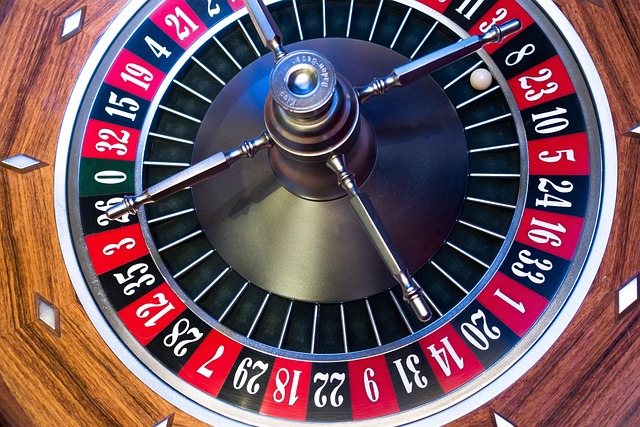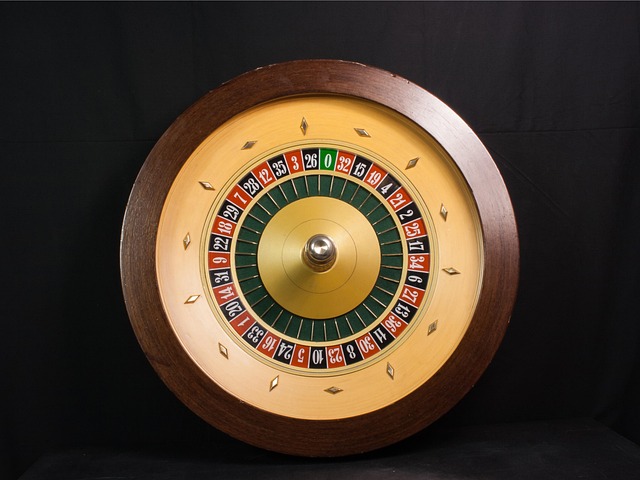Roulette players often rely on various systems claiming to offer an edge by tracking patterns and adjusting bets. However, due to roulette's inherent randomness, these strategies rarely deliver consistent wins. Despite this, players continue to explore structured approaches like the Martingale or Fibonacci systems for refined gameplay experiences. These systems, ranging from numerical patterns to algorithms, cater to different preferences—aggressive or conservative—but ultimately, luck remains the primary determinant of each spin's outcome in the dynamic world of roulette.
Roulette systems have captivated players for decades, promising strategies to beat the wheel. This article demystifies popular roulette systems like Martingale, Fibonacci, and Paroli, delving into their underlying principles, potential advantages, and risk management aspects. We guide you through implementing these systems, providing practical steps and tools to track performance. Discover when these strategies might not be suitable and gain a comprehensive understanding of the world of roulette.
- Understanding Roulette Systems: The Basics
- – Definition of roulette systems and their purpose
- – Types of roulette strategies and their underlying principles
Understanding Roulette Systems: The Basics

Roulette systems, often touted as strategies to gain an edge over the casino, are designed to predict and capitalize on patterns in the game’s outcome. At their core, these systems rely on the assumption that numbers or colors will repeat in a consistent pattern, allowing players to make informed bets. The basics involve tracking specific sequences, identifying hot or cold numbers, and adjusting bets accordingly.
While it’s enticing to think these systems can beat the odds, roulette is a game of pure chance, with each spin independent of the previous one. This inherent randomness makes it nearly impossible for any system to guarantee wins. Despite this, many players continue to explore various strategies, hoping to uncover a hidden pattern in the casino’s seemingly random spins. The allure lies in the potential for significant gains, but the reality is that roulette remains a game where luck, not systems, ultimately decides the winner.
– Definition of roulette systems and their purpose

Roulette systems are structured strategies designed to enhance gameplay and potentially increase winning chances at the roulette table. These systems range from simple numerical patterns to complex mathematical algorithms, all aiming to predict or capitalize on the outcomes of consecutive spins. The primary purpose is to provide players with a structured approach to betting, helping them make informed decisions based on past results and statistical analysis.
By utilizing specific rules and guidelines, roulette systems encourage consistent betting patterns while allowing for adaptability in response to winning or losing streaks. They offer a level of structure that can be comforting for some players, enabling them to navigate the unpredictable nature of roulette with a sense of control. Whether based on probability, number theory, or purely intuitive methods, these systems are a popular tool for those seeking to refine their roulette playing experience.
– Types of roulette strategies and their underlying principles

Roulette players often employ various strategies, each with its own set of principles and assumptions. One common approach is the martingale system, where bettors double their stake after each loss, aiming to recover previous losses on the next win. This strategy relies on the assumption that a series of losses is followed by a win, ensuring recovery.
Another popular method is the Fibonacci system, based on the Fibonacci sequence. Players bet on numbers based on this sequence, increasing bets after a loss and decreasing after a win. It’s a more conservative approach compared to martingale, aiming for smaller but consistent wins. These strategies reflect differing mindsets: one aggressive, seeking rapid recovery from losses, and the other conservative, focusing on steady, predictable returns.
Roulette systems, with their diverse strategies, offer players both complex and intriguing approaches to the table. While no system guarantees success, understanding the basic concepts and principles can enhance your roulette experience. By delving into these strategies, you gain a deeper appreciation for the game’s dynamics, allowing you to make informed decisions and potentially improve your chances of winning at roulette.






